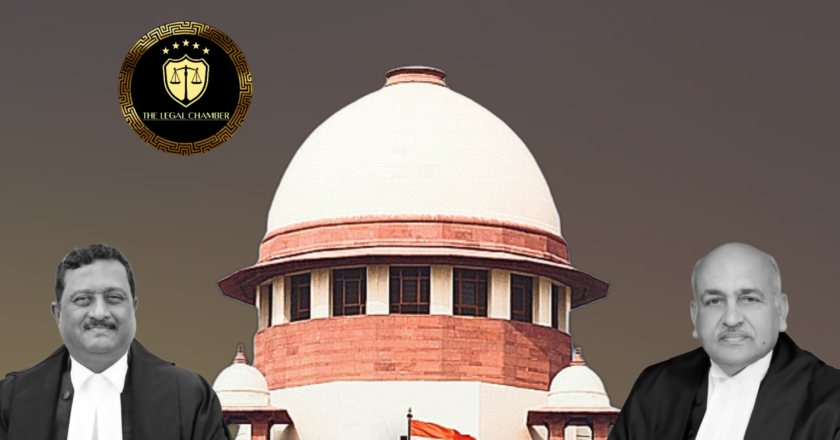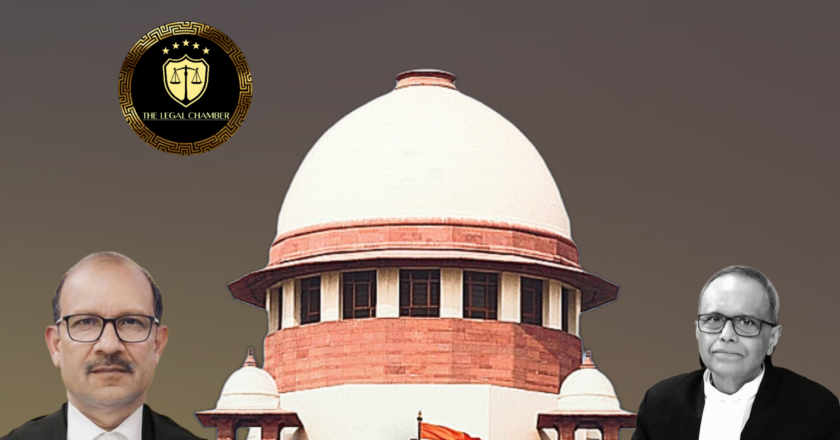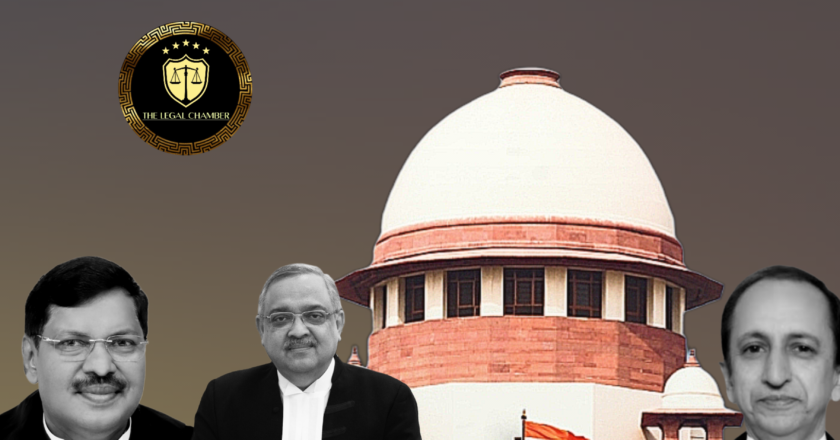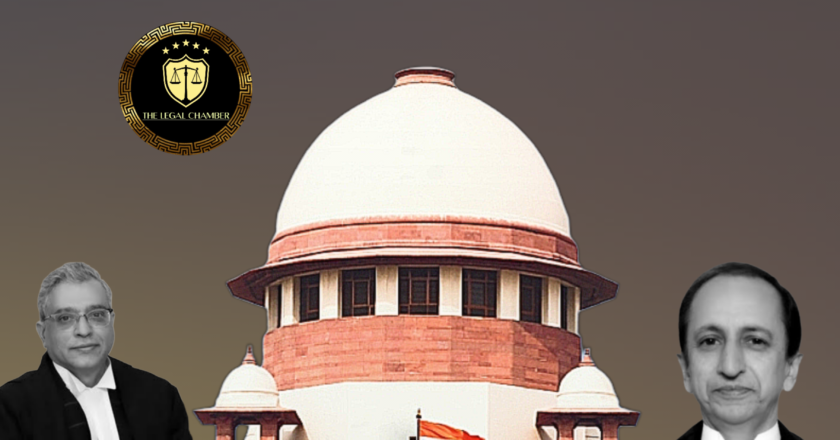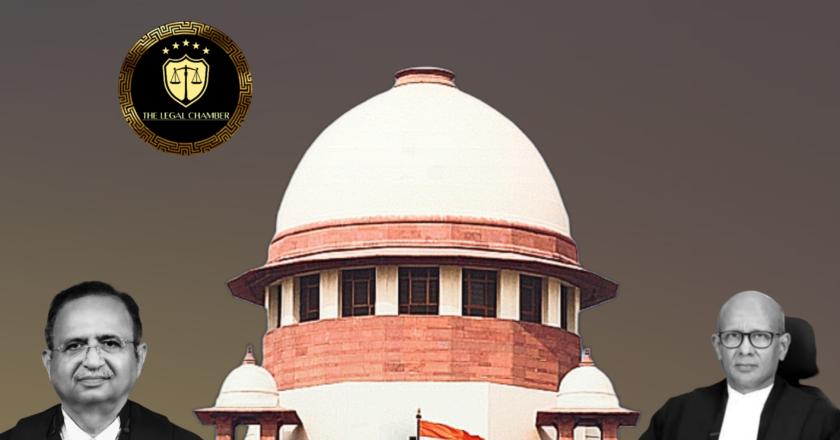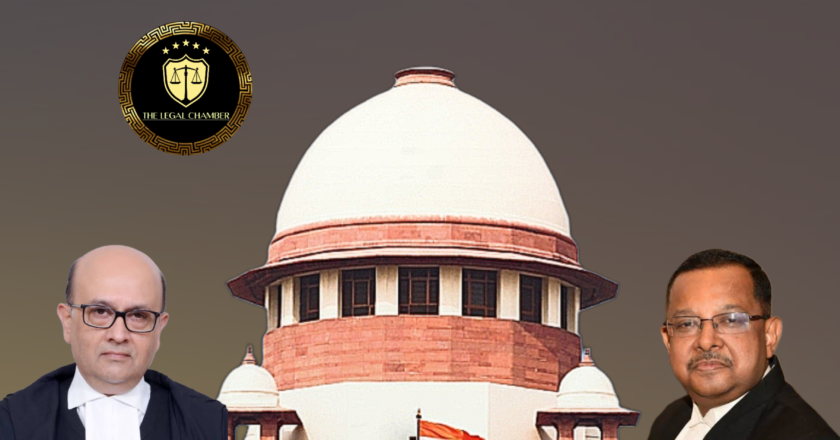Supreme Court Acquits Man in POCSO Death Penalty Case Citing Procedural Flaws
This Supreme Court judgment sets aside the appellant's conviction and death sentence, holding that the trial was vitiated due to a denial of fair trial rights, including inadequate legal representation and failure to provide documents. The prosecution's circumstantial evidence—last seen, CCTV footage, disclosure statements, and DNA reports—was found unreliable and unproven beyond reasonable doubt.
Facts Of The Case:
A seven-year-old girl went missing on February 5, 2017, from her residence in Chengalpet, Tamil Nadu, while her parents were out shopping. After an unsuccessful search, a missing persons report was filed. Investigations, including reviewing CCTV footage from a nearby temple, led the police to suspect the appellant, Dashwanth, a neighbour residing in the same building. He was ...


